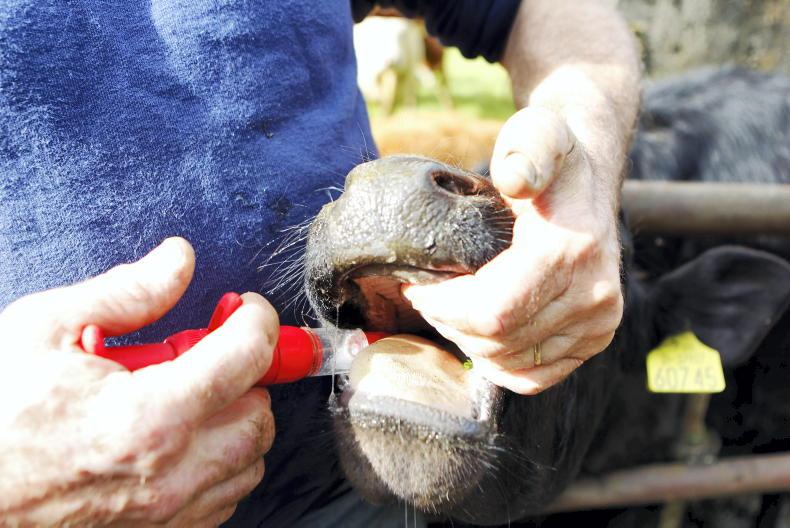Minister for Agriculture Charlie McConalogue has been advised by Veterinary Ireland to adopt a scientific approach to resolving the problem of antiparasitic resistance in Ireland.
Antiparasitic resistance is a global phenomenon that poses a threat to public health, and is a significant challenge for Ireland's agri-food sector.
Only in environments where parasite illness can be properly controlled is it feasible to raise livestock on grazing systems.
56% of methods 'ineffective'
Some 56% of worming interventions in sheep were ineffective, according to a Department of Agriculture report from 2016, while extraordinarily high levels of resistance to all wormers were discovered in cattle in 2017.
Conor Geraghty, a vet and chair of the Veterinary Ireland medicines working group, said that:
“To address the issue of resistance, we must ensure that the right product is given to the right animals at the right time.”
The Galway-based vet explained: “The gateway to this outcome is through proper scientific, farm-specific advice from the farmers’ vet where a client-patient-practice relationship (CCPR) is in existence.”
“This advice must be ongoing and monitored, taking account of farm specific issues such as epidemiology, pharmacology, the clinical picture, stocking densities, buying policy and local factors,” Geraghty said.
Reduced costs
According to Geraghty, “proper tailored advice from the farmers’ own veterinary practitioner (CCPR) will result in farmers using less antiparasitic veterinary medicines, resulting in savings to farmers and improved farm productivity and profit while addressing resistance.”






 This is a subscriber-only article
This is a subscriber-only article










SHARING OPTIONS: